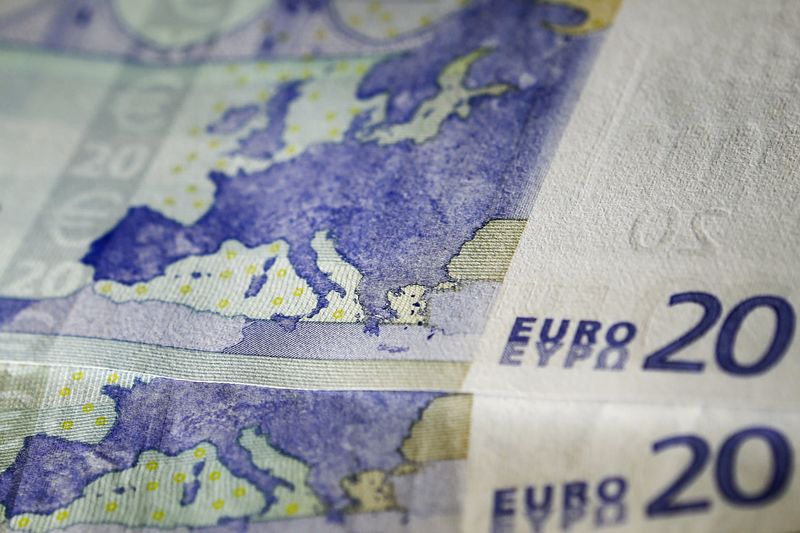Investing.com - The euro fell against the other major currencies on Tuesday ahead of what looked to be an almost certain default by Greece on a €1.6 billion loan repayment to the International Monetary Fund later in the day.
EUR/USD was down 0.65% to 1.1162, falling back towards the one-month lows of 1.0953 struck on Monday after the crisis in Greece escalated.
Greece’s bailout program was due to expire on Tuesday and without a rescue package in place Athens would almost certainly fall into arrears on a loan repayment due to the IMF.
A default by Greece would add to fears over the country’s solvency and fuel doubts over the condition of Greek banks and the collateral they use for European Central Bank loans.
Greece shut down its banking system on Monday, with lenders ordered to stay closed for six days, following a decision by the ECB not to extend a lifeline of emergency funding.
Greece broke off negotiations with creditors on Saturday and in a surprise move Prime Minister Alexis Tsipras called for a snap referendum to be held on July 5 on whether to accept the terms proposed by lenders for extending the country’s bailout.
European finance ministers refused a request from the Greek government to extend the bailout program until after the referendum.
The euro was also lower against the yen, with EUR/JPY dropping 0.77% to 136.65.
The single currency remained supported against the Swiss franc, with EUR/CHF at 1.0408 after the Swiss National Bank intervened in markets on Monday to weaken the franc.
The dollar dipped against the safe haven yen, with USD/JPY easing to 122.42, not far from Monday’s one-month lows of 122.10.
The U.S. dollar index, which measures the greenback’s strength against a trade-weighted basket of six major currencies, was up 0.43% to 95.49, boosted by the weaker euro.
